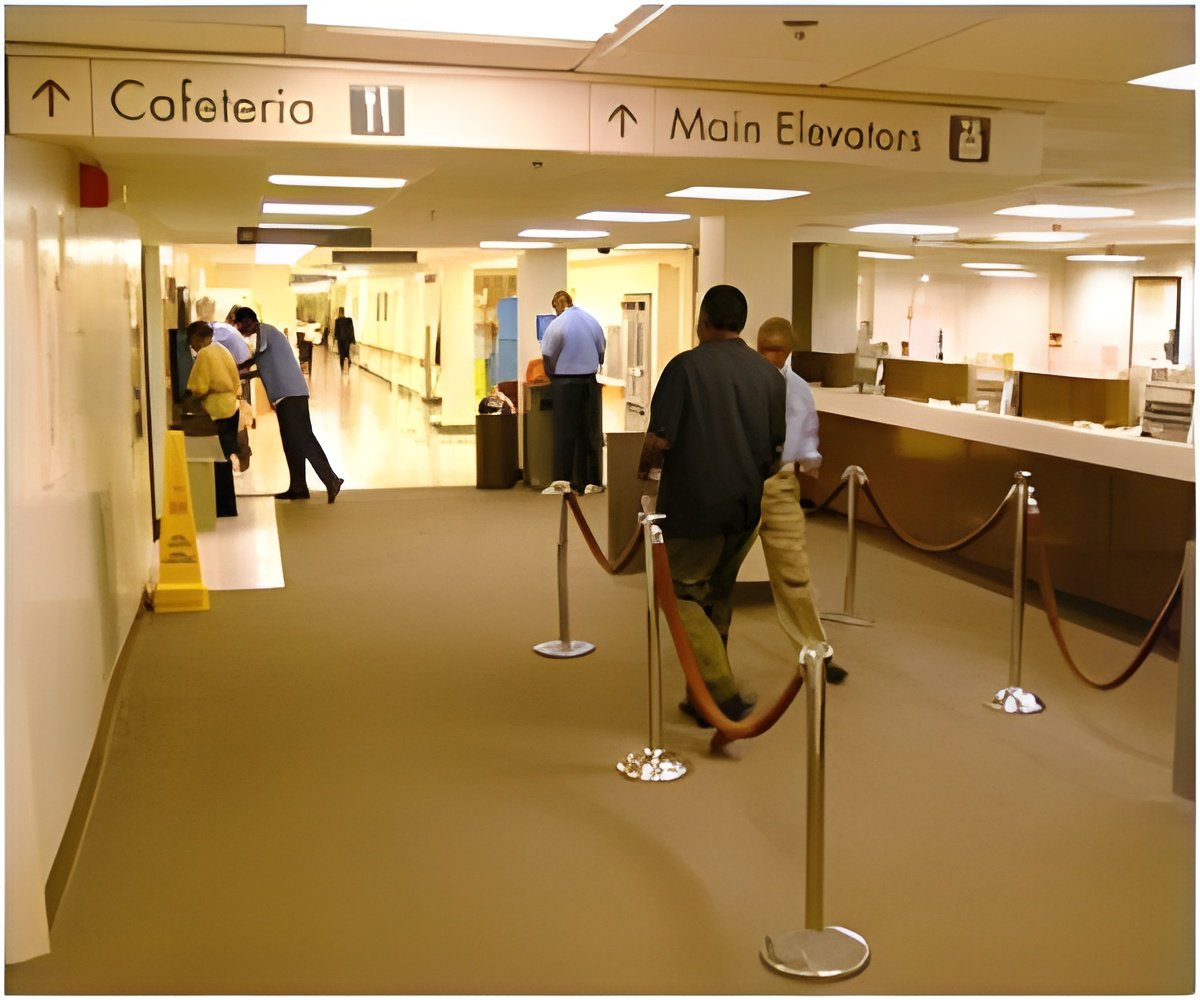Physicians who once only grappled with learning the language of medicine must now also cope with a health care world that has turned hospitals into factories and reduced clinical

"We are in the midst of an economic crisis and efforts to reform the health care system have centered on controlling spiraling costs. To that end, many economists and policy makers have proposed that patient care should be industrialized and standardized. Hospitals and clinics should be run like modern factories and archaic terms like doctor, nurse and patient must therefore be replaced with terminology that fits this new order."
The problem, Hartzband and Groopman, note, is that the special knowledge that doctors and nurses possess and use to help patients understand the reason for and remedies to their illness get lost in a system that values prepackaged, off-the-shelf solutions that substitute "evidence-based practice" for "clinical judgment."
"Reducing medicine to economics makes a mockery of the bond between the healer and the sick," they write. "For centuries doctors who were mercenary were publicly and appropriately castigated … Such doctors betrayed their calling. Should we now be celebrating the doctor whose practice, like a successful business, maximizes profits from 'customers'"?
Hartzband and Groopman say the new emphasis on "evidence-based practice" is not really a new phenomenon at all. "Evidence" was routinely presented on daily rounds or clinical conferences where doctors debated numerous research studies.
"But the exercise of clinical judgment, which permitted the assessment of those data and the application of study results to an individual patient, was seen as the acme of professional practice. Now some prominent health policy planners and even physicians contend that clinical care should essentially be a matter of following operating manuals containing preset guidelines, like factory blueprints, written by experts."
Advertisement
"The specific cutoffs for treatment or no treatment … all necessarily reflect the values and preferences of the experts who write the recommendations. And these values and preferences are subjective, not scientific."
Advertisement
"Recasting their roles as providers who merely implement prefabricated practices diminishes their professionalism. Reconfiguring medicine in economic and industrial terms is unlikely to attract creative and independent thinkers with not only expertise in science and biology but also an authentic focus on humanism and caring.
"When we ourselves are ill, we want someone to care about us as people, not paying customers and to individualize our treatment according to our values. Despite the lip service paid to 'patient-centered care' by the forces promulgating the new language of medicine, their discourse shifts the focus from the good of the individual to the exigencies of the system and its costs.
"We believe doctors, nurses and others engaged in care should eschew the use of such terms that demean patients and professionals alike and dangerously neglect the essence of medicine."
Source-Eurekalert











